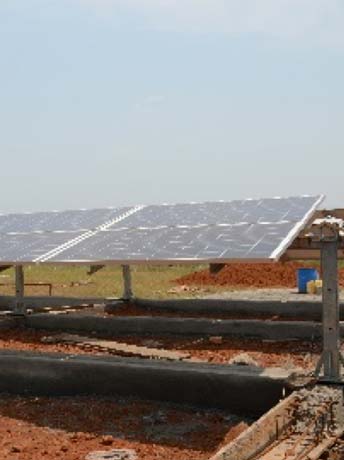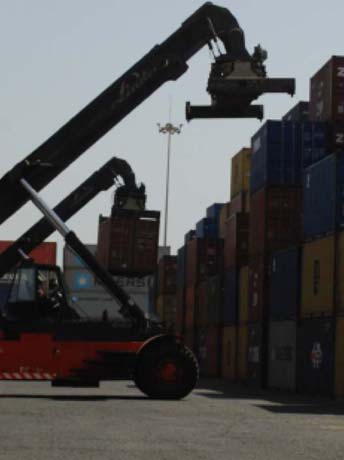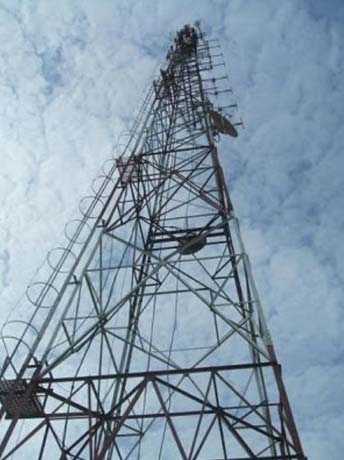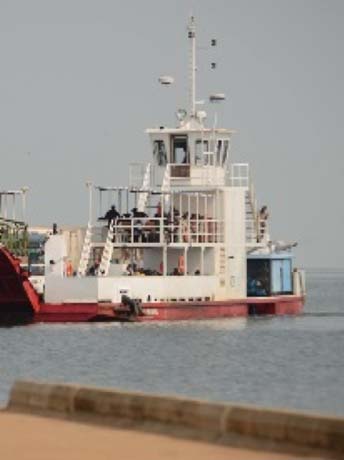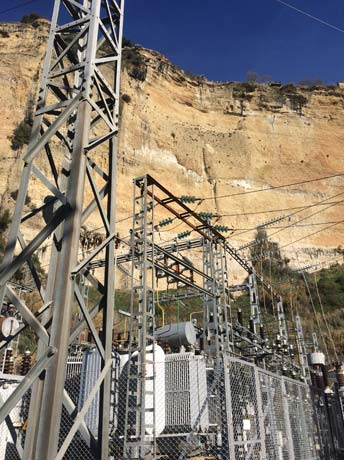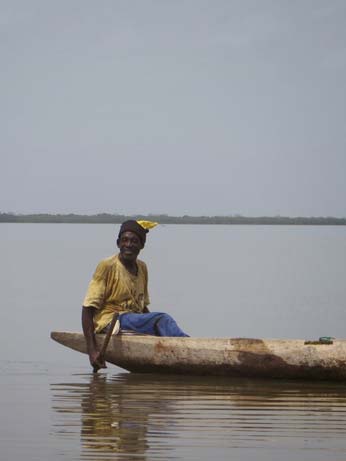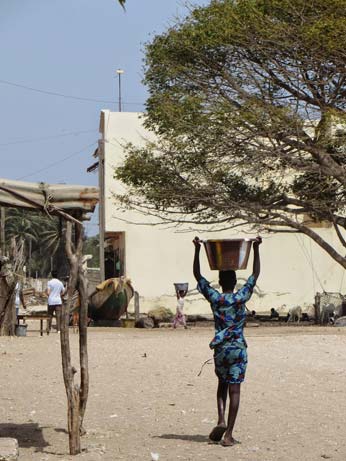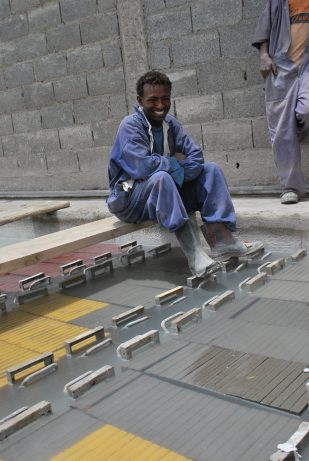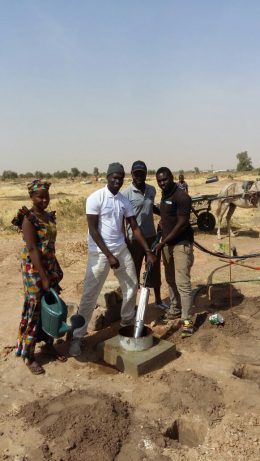INTRODUCTION
The Sustainable Development Goals as defined by the UN aim to reduce poverty, to provide access to clean and affordable energy, equal opportunities and create more sustainable cities and communities. Every goal has targets that require financial investment. The UN estimates that developing countries alone face a USD 2.5 trillion gap in financing, of which the largest portion comes from Africa. This is however not all about finance. This is also about developing projects in a sustainable and structured way.
Infrastructure and impact investments play a pivotal contributing role to improve social and environmental welfare and to facilitate economic development. Unlocking private capital and investments in Africa is key to address societal issues.
INFRASTRUCTURE
Infrastructure has been responsible for more than half of Africa’s recent economic growth performance and has the potential to contribute more in the future.
The cost of addressing Africa’s infrastructure needs is around $93bn a year (representing 15% of Africa’s GDP), one-third for maintenance and two thirds for investment. The current spending is $45bn.
Two-thirds of the infrastructure spend is domestically sourced and come from the public sector (governments and public companies) and from taxes or user charges. Donors and Development Finance Institutions also contribute to the overall infrastructure spend.
Africa is left with infrastructure-funding gap of $31bn a year, even after assuming major efficiency gains.
Power is by far Africa’s largest infrastructure challenge, with 30 countries facing regular power shortages and paying high premium for emergency power. Other areas for investments include water supply and sanitation and transport.
IMPACT INVESTMENTS
- While the continent has experienced strong (although disparate) economic growth in the last 15 years, this trend has not translated into development outcomes fast enough.
It is widely acknowledged that private sector funding is key to help achieve the newly adopted Sustainable Development Goals. By mobilizing private capital to achieve socially desirable outcomes, impact investors are key to address a structural and financing gap.
The size of the African economy is expected to quadruple by 2040* and tremendous business and investment opportunities will arise from the emergence of middle classes and the provision of new goods and services to underserved populations.
Financial inclusion, sustainable agriculture, clean energy, education & health, and affordable housing in Africa are among the most promising sectors. Innovative companies and talented entrepreneurs are developing projects offering attractive risk & return profiles, as well as great impact potential.
* Source: IAE



